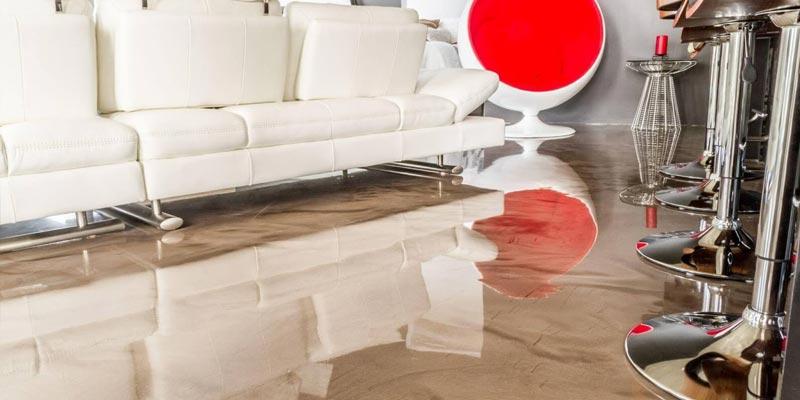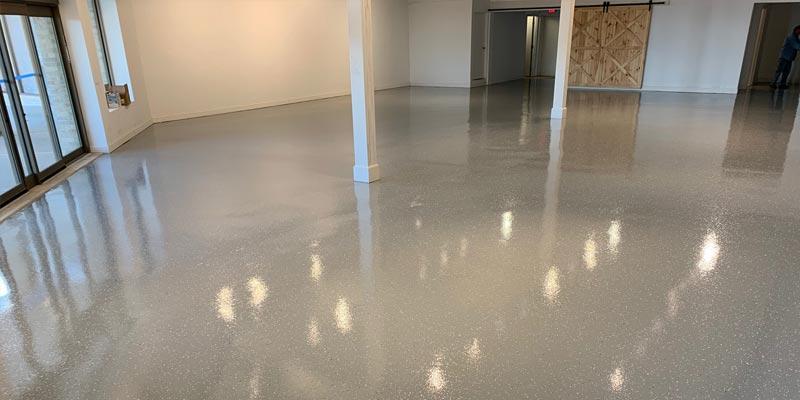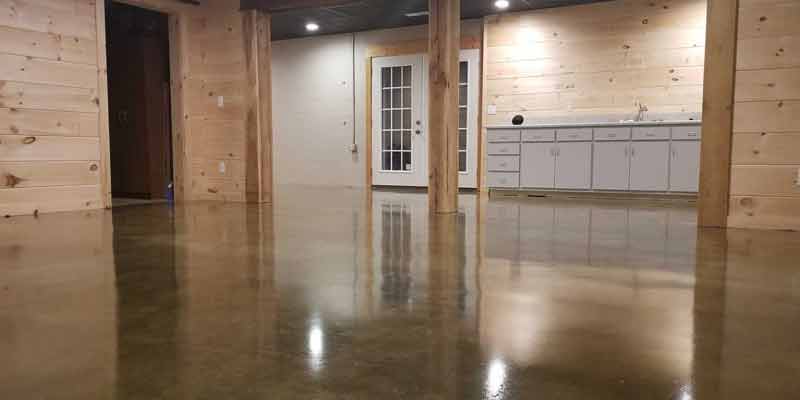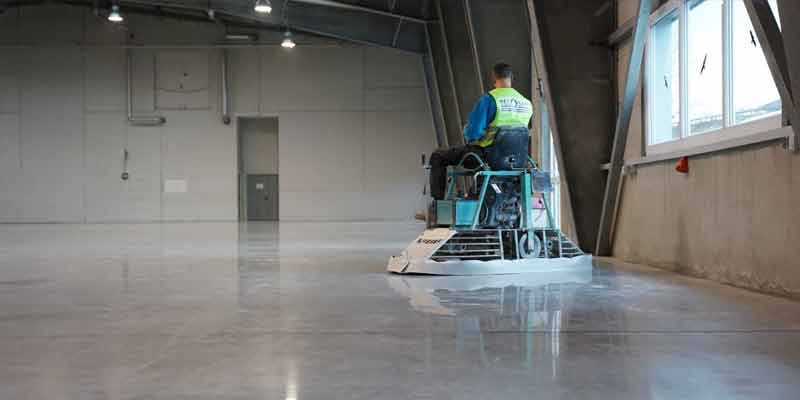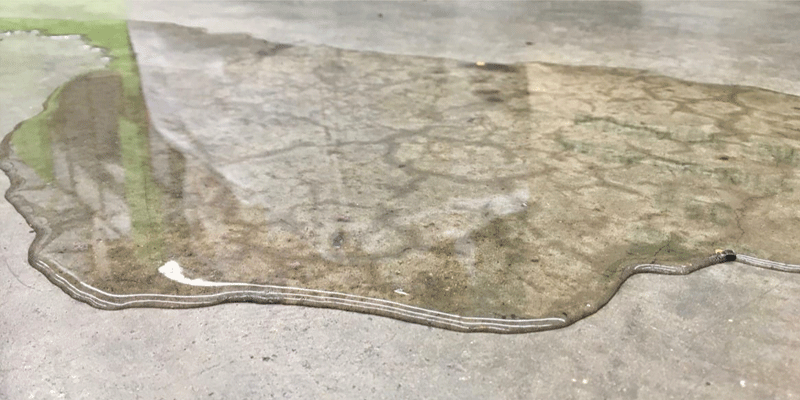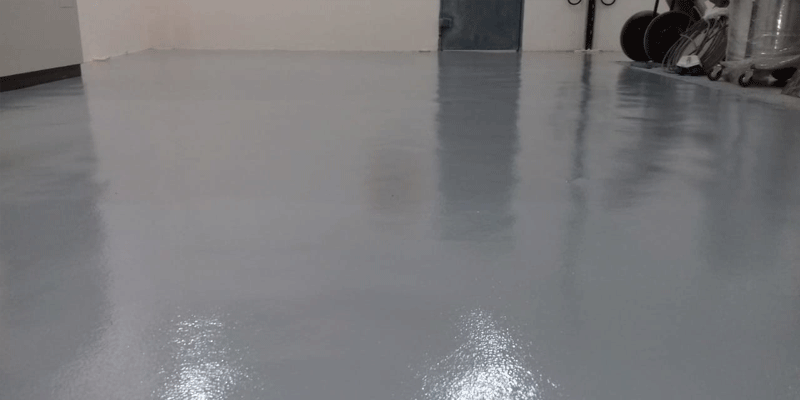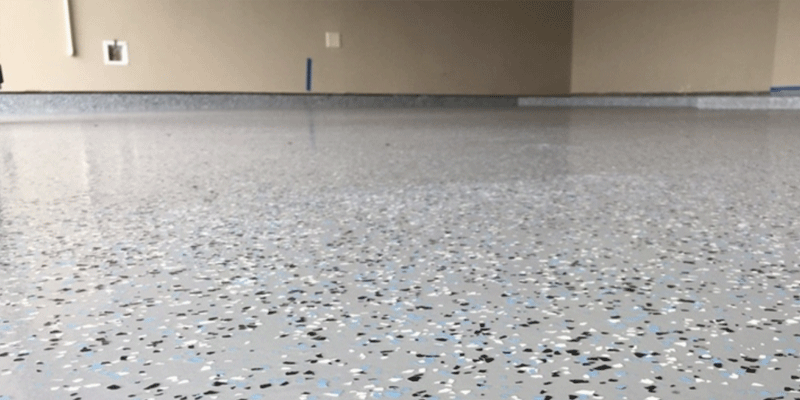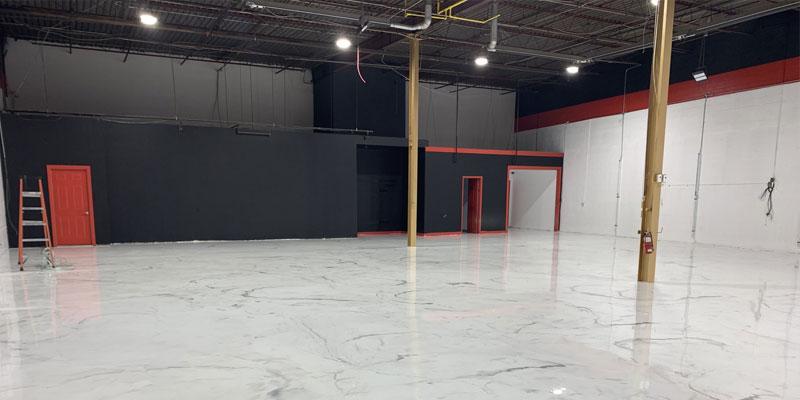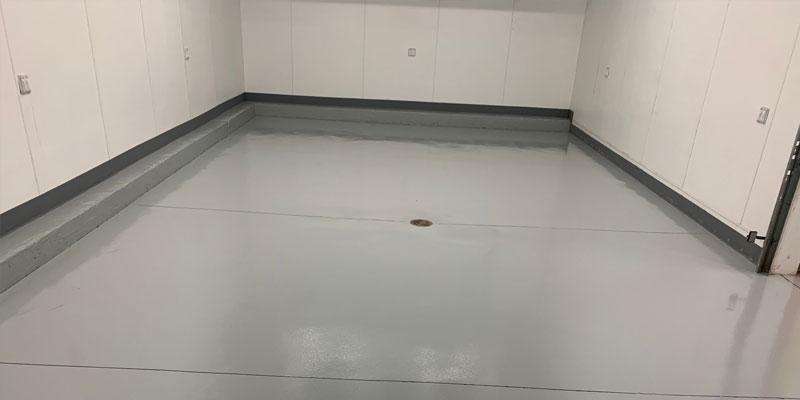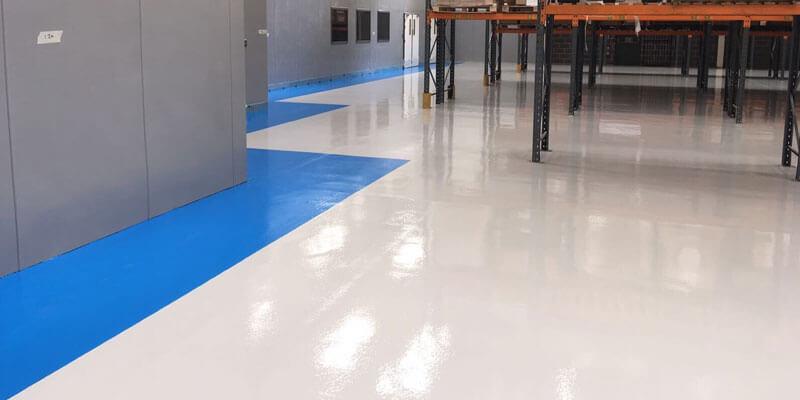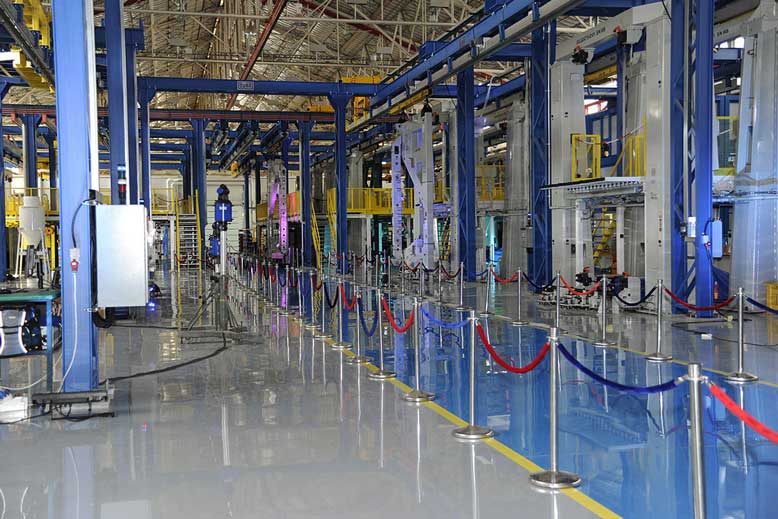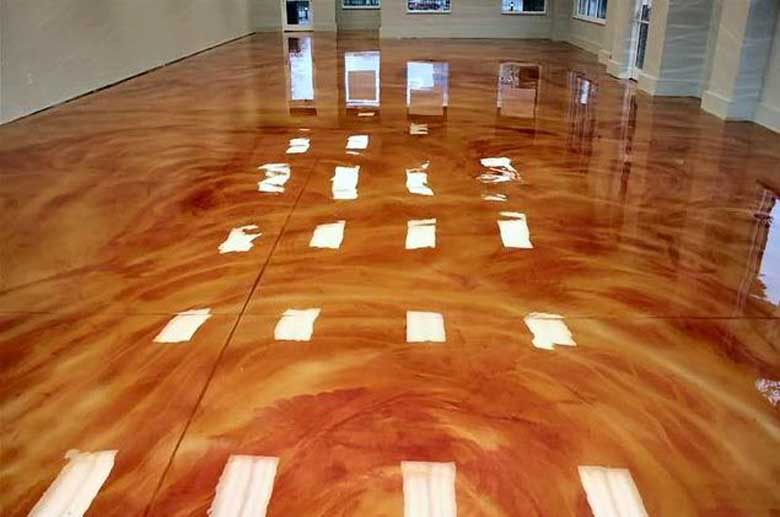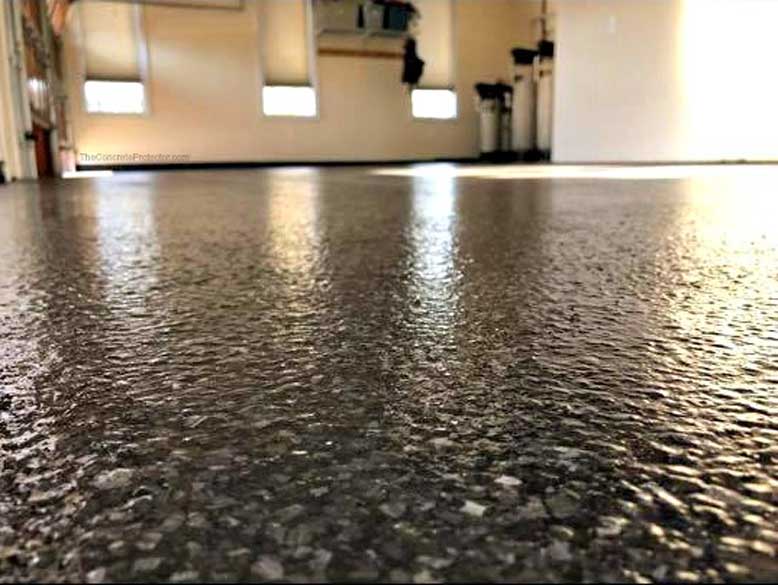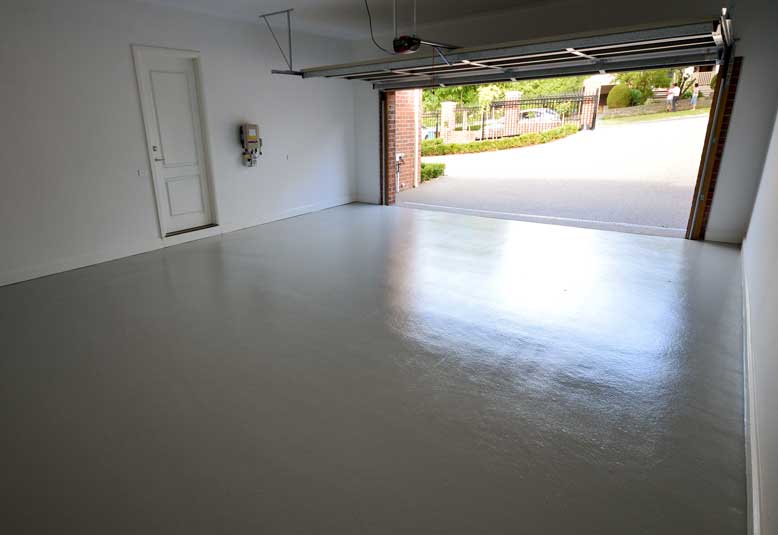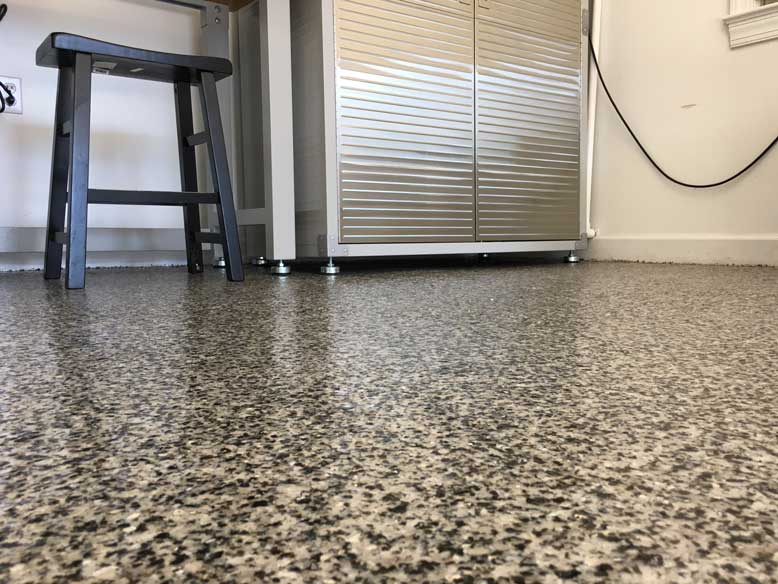Epoxy 101: What is the General Purpose of Epoxy?
Epoxy 101: What is the General Purpose of Epoxy?
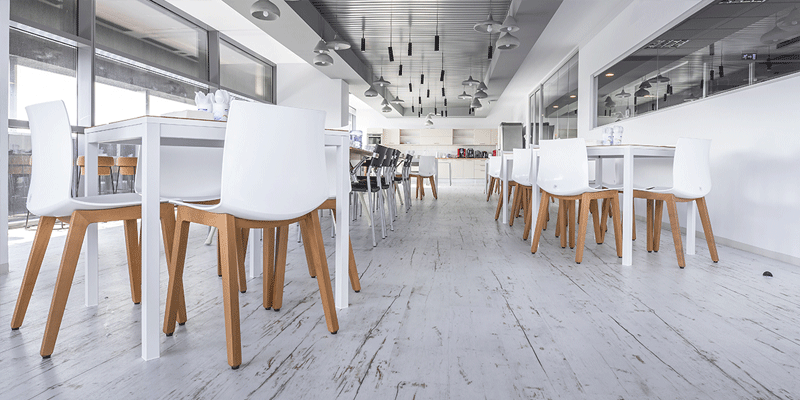
1. Epoxy Flooring
If you’ve ever seen an epoxy floor coating, you may have wondered about its purpose. Where does such a shiny, tough material belong? The answer is: almost anywhere! Epoxy is ideal for high-traffic areas that see a lot of wear and tear, as it’s one of the most durable floor coatings available.
One issue is that many people have misconceptions about what epoxy actually is. Many people think that it is just a coating, but it is a whole system made up of several different components.
This article will discuss the fundamentals of epoxy flooring, what it is used for, and dispel some of the myths surrounding this versatile material.
What Is Epoxy?
Epoxy is a resin that is mixed with a hardener to create a durable, plastic-like material. This material can be used as an adhesive, sealant, or coating. It is often used in industrial and commercial settings because of its high strength and resistance to chemicals and heat.
There are two popular types of epoxy: solvent-based and water-borne. Solvent-based epoxies are more durable and have a longer shelf life, but they also require special ventilation to be used safely. Water-borne epoxies can be used in environments where it is impossible to use a solvent-based product, but they are not as strong or long-lasting.
What Is Epoxy Used For?
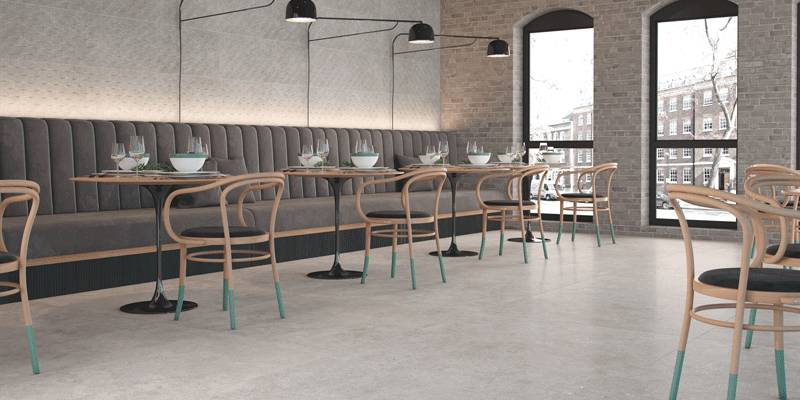
Epoxy has a variety of uses, but it is most commonly used as a floor coating. This is because epoxy is an extremely durable material that can resist heavy foot traffic and the weight of vehicles. It is also resistant to chemicals, oil, grease, and water.
Epoxy floor coatings are often used in industrial settings, such as factories and warehouses. They can also be used in commercial settings, such as retail stores, restaurants, and office buildings. In some cases, epoxy flooring is even used in residential homes.
How Is Epoxy Applied?
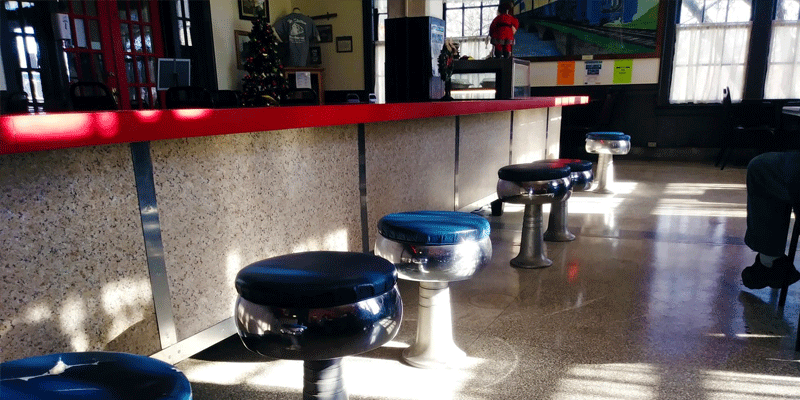
Epoxy flooring is usually applied by a professional contractor. The first step is to prepare the surface by cleaning it and removing any loose paint or debris. The surface must be completely dry before the epoxy can be applied.
Once the surface is prepared, the epoxy resin and hardener are mixed together. The mixture is then spread over the surface with a roller or squeegee. It is important to work quickly, as the epoxy will begin to set within minutes.
The final step is to apply a top coat to protect the epoxy from UV rays and provide a slip-resistant surface.
What Are The Benefits Of Epoxy Flooring?
Epoxy flooring has many benefits, both for businesses and homeowners. Some of the most popular benefits include:
– Durability: As mentioned above, epoxy is one of the most durable floor coatings available. It can resist heavy foot traffic, vehicles, chemicals, oil, grease, and water.
– Aesthetics: Epoxy flooring is available in a variety of colors and finishes. This allows businesses to create an aesthetically pleasing environment that reflects their brand.
– Easy Maintenance: Epoxy flooring is very easy to clean and maintain. Spills can be quickly wiped up, and the surface can be swept or mopped as needed.
– Safety: Epoxy flooring can provide a slip-resistant surface that helps prevent accidents.
– Versatility: Epoxy can be used in a variety of settings, both commercial and industrial.
Are There Any Disadvantages Of Epoxy Flooring?
While epoxy flooring has many benefits, there are a few potential disadvantages. These include:
– Cost: Epoxy flooring can be more expensive than other types of flooring, such as carpet or tile. However, epoxy’s durability and easy maintenance often make it worth the investment.
– Installation: Epoxy flooring must be installed by a professional contractor. This can add to the overall cost of the project.
– Smell: Epoxy flooring has a strong chemical smell when first applied. This smell will dissipate within a few days, but it can be bothersome for some people.
– Allergies: Some people may be allergic to the chemicals in epoxy flooring. This is not common, but it is important to be aware of the potential risk.
Is Epoxy Flooring Right For Me?
Epoxy flooring is a great option for businesses and homeowners looking for a durable, easy-to-maintain flooring solution. It is also an excellent choice for those who want to create an aesthetically pleasing environment.
If you are considering epoxy flooring for your home or business, contact a professional contractor to discuss your options. They can help you decide if epoxy is the right choice for your needs. You should avoid DIY installation or at-home epoxy kits, as this can lead to poor results and a higher long-term cost.
Regardless of your choice, it is important to do your research first to find the best epoxy flooring solution for your needs. With the right contractor and preparation, you can enjoy all of the benefits of epoxy flooring for many years to come.

